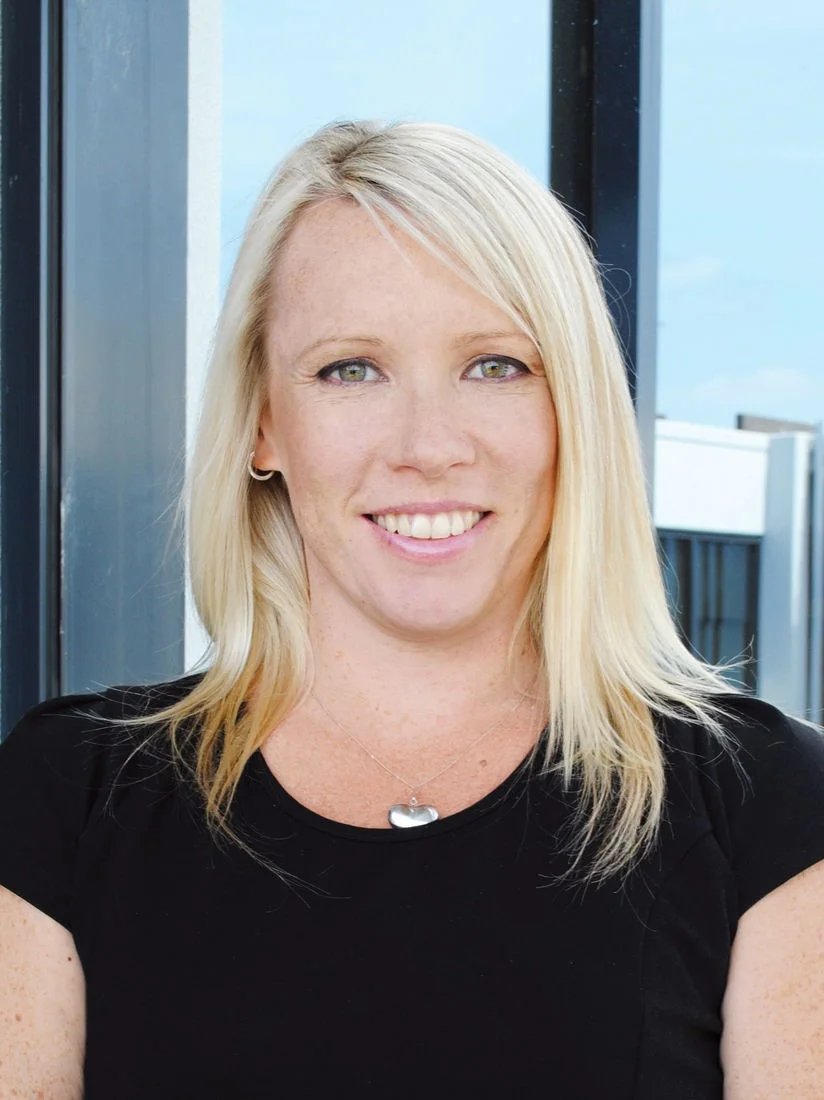What about the legal side of having a baby?
Having a baby can be one of the most wonderful and rewarding experiences in life. It can also be an extra-ordinarily difficult time causing much stress to parents, as we adapt to a new way of life with our little one. It is good to be aware of some of the legalities around having a baby.
Family Lawyer, Kylie Mangan, details some of these legalities for us.
Naming your baby
In NSW both parents are responsible for registration of the birth of the baby with the Registry of Births, Deaths and Marriages. This must be done within 60 days of birth.
Take some time naming your baby. Once the name is registered you cannot change it without agreement or court order.
Omitting a parent’s details from the registration form can have serious implications for a parent seeking to obtain child support following separation.
Maternity leave & flexible working arrangements
Maternity Leave is a right and not a privilege.
Before you embark on maternity leave make sure your leave forms are correctly submitted and you have applied for paid maternity leave through your employer or the federal paid parental leave scheme.
If you are returning to work be aware that the Fair Work Act protects your right to return to your pre-maternity leave position. However, there are some limitations, including if the position is to be made redundant.
If you wish to return to part-time work or wish to apply for a flexible working arrangement different rules apply. A flexible working arrangement is a temporary adjustment of your pre-maternity leave work hours, patterns or location so you can look after children who have not reached school age.
Requests to change your pre-maternity leave position do not have to be agreed to by your employer. However, their denial to accommodate your request can be discrimination.
Will – Trusts & Guardianship
Who will care for your little one in the event you and/or your partner pass away?
Where only one parent dies, parental responsibility remains with the surviving parent.
If both parents pass away, your child may end up being cared for by someone chosen by the state. Alternatively, you can nominate a Testamentary Guardian for your child in your Will. Ensure you discuss the appointment with them first, as they might decline the role.
You might also wish to consider setting up a Testamentary Trust to protect your child’s inheritance. This can be particularly important in blended families.
A Testamentary Trust essentially holds your child’s inheritance by the person of your choice who may then provide your child’s guardian with the necessary resources from the Trust for the maintenance, education or advancement in life of your child until such time as they attain an age whereby they can take their inheritance.
Super
Superannuation does not automatically form part of your estate for the purposes of a Testamentary Trust. The Trustee of the super fund has the discretion to pay your superannuation to whomever they choose. However, you can restrict the Trustee’s power to do so if you execute a Binding Death Nomination (BDN). BDN’s lapse every 3 years so you must remember to continually update your nomination. You can nominate your superannuation to pass to the person of your choosing which can include the Executor of your Estate or the Trustee of the Testamentary Trust.
Divorce
Unfortunately, the stressors of a new family life can lead to separation and divorce. It is therefore important to take an active role in the financial decisions during the relationship so you are able to quickly identify and protect any assets at separation so they are not disposed of or quarantined by your former partner.
This can also be important in ensuring your child receives adequate financial maintenance. Often the non-custodial parent who is faced with the prospect of maintaining two households will reduce the level of financial support they make for their child following separation. Both parents should be aware of their financial responsibilities and obligations so that appropriate agreements can be reached for the benefit of your child without the need to resort to court.
Further Discussions
If any of these points resonate with you or you would like to discuss putting measures in place to protect yourself, your family and your child then please do not hesitate to contact Burke & Mangan for an obligation free chat.
Kylie Mangan holds a Masters Degree in Family Law and has been acknowledged as an Accredited Specialist in Family Law by the NSW Law Society. Kylie specialises in all aspects of Family and Wills & Estates Laws. Lyndon Burke is a seasoned lawyer with over 25 years of experience specialising in Employment & Family Law. Lyndon also holds a Masters Degree in Law.
About Essential Me
Hi, I'm Amanda. I support women and couples during their pregnancy, birth and postnatal journey as a Doula, Ka Huna massage therapist and Pilates instructor. I'm Based in Sydney and would love to help you. Please check out my Top 10 Tips for the best possible birth experience here. I'd love to meet you for an obligation free interview to see if you feel we're the right fit. Contact me here. Thanks, Amanda x




